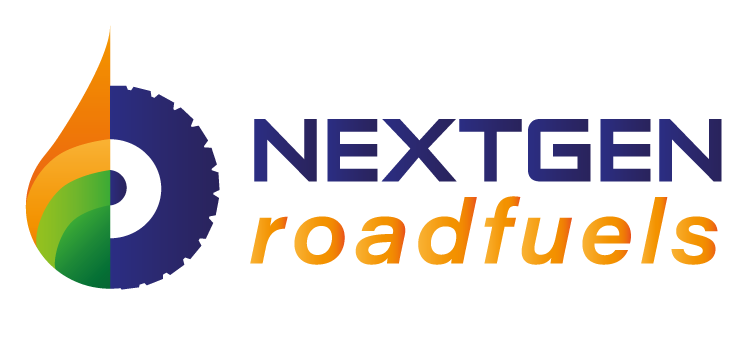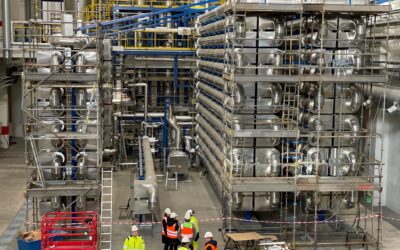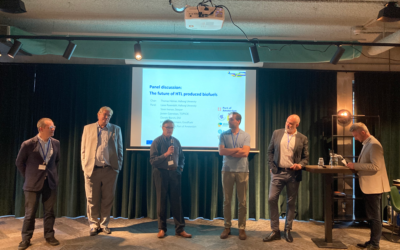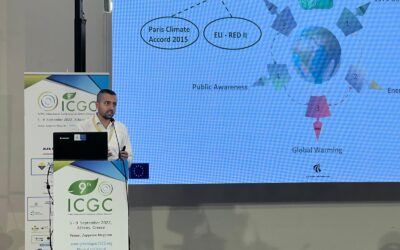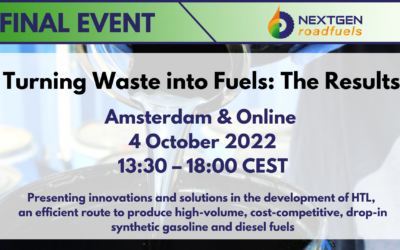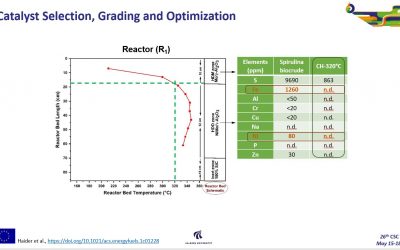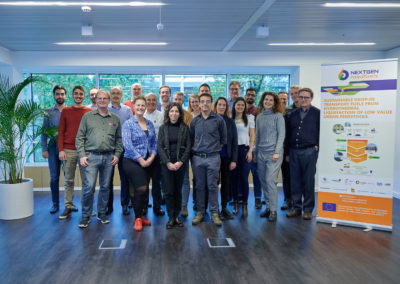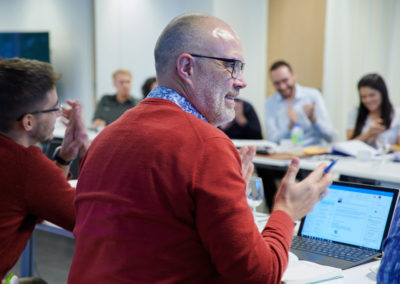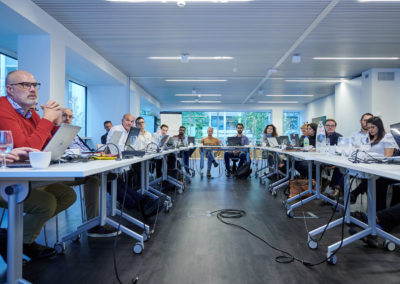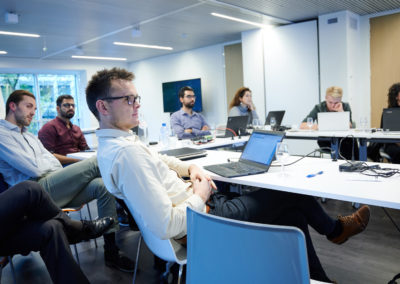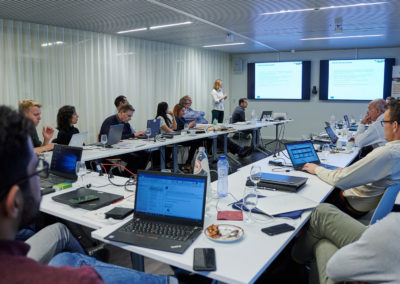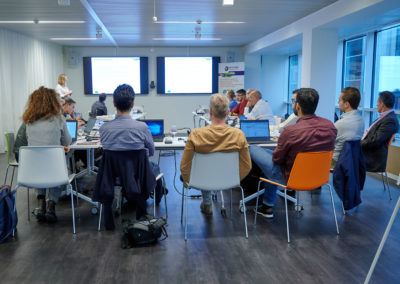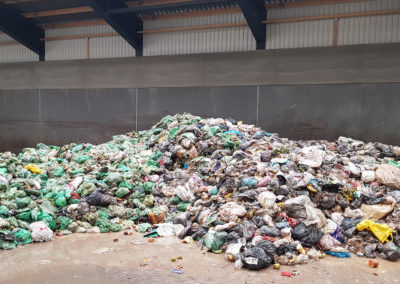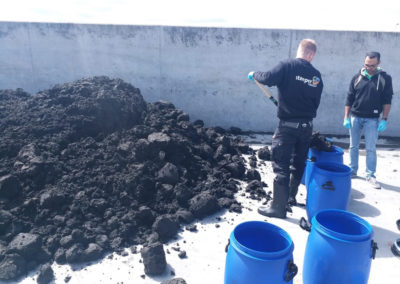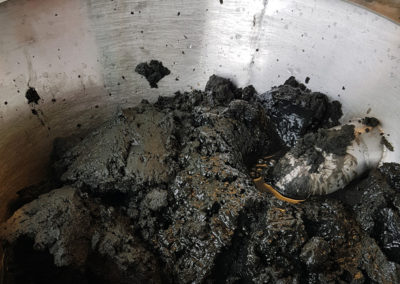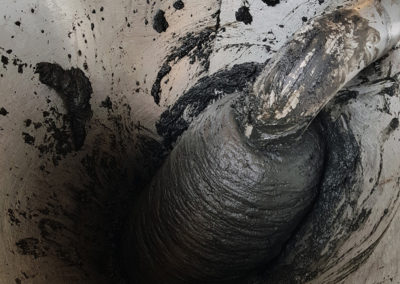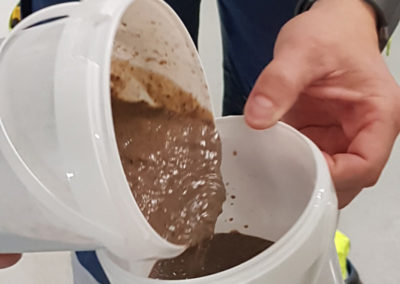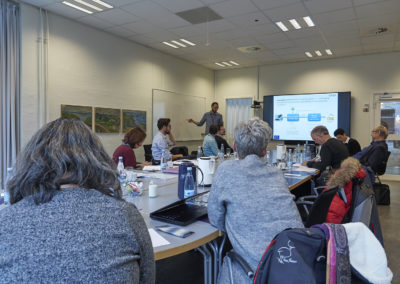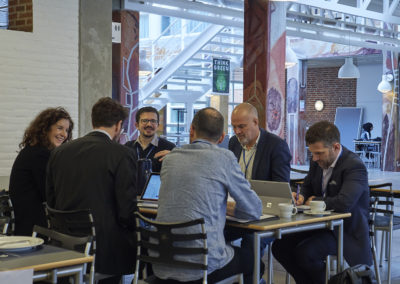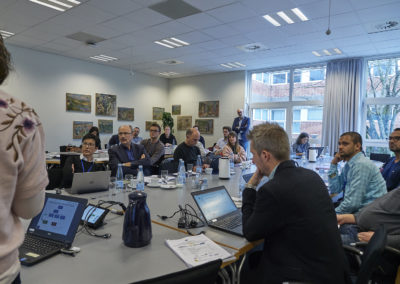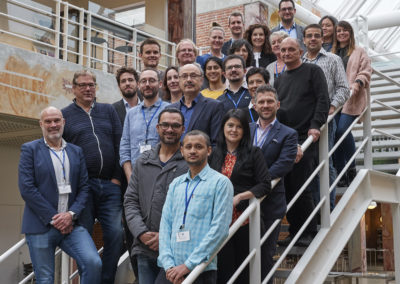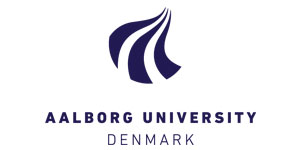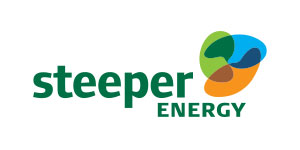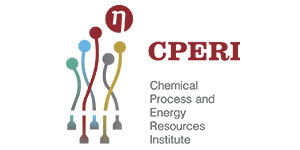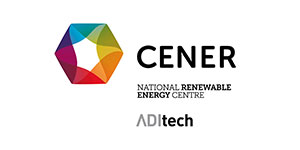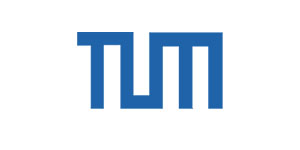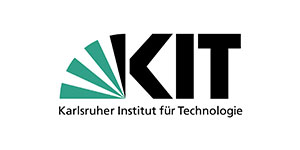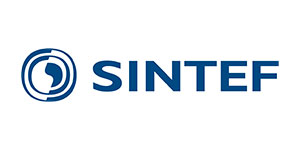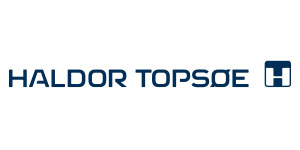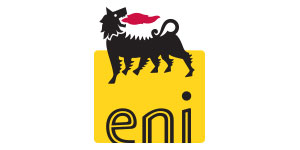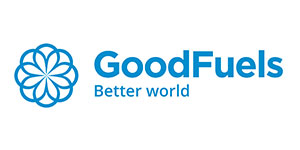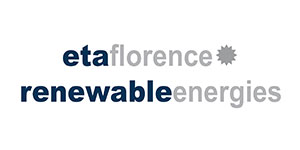NextGenRoadFuels is a Horizon 2020 project to develop a competitive European technology platform for sustainable liquid fuel production.
The project will prove the Hydrothermal Liquefaction pathway (HTL) as an efficient route to produce high-volume, cost-competitive, drop-in synthetic gasoline and diesel fuels, as well as other hydrocarbon compounds.

The project supports the SET-Plan Key Action 8 on renewable fuels and bioenergy, contributing to the renewable-energy-in-transport target and to the GHG emissions reduction objectives, in line with the Renewable Energy Directive (RED II) and the European Energy Roadmap 2050.
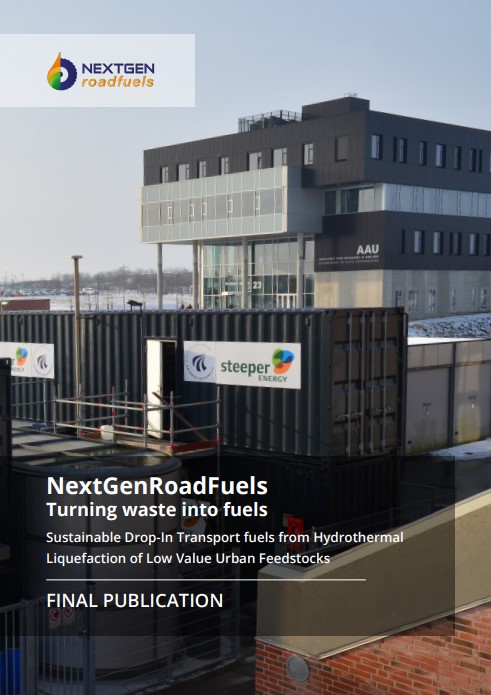
Final Project Publication!
Four years of research and pilot trials carried out by the NextGenRoadFuels project has led to numerous findings in the field of hydrothermal liquefaction (HTL), not only as an efficient route to produce drop-in synthetic fuels, but also as a core technology for urban waste valorisation.
This final project publication summaries and presents the key findings from each aspect of the research:
- Improving the HTL value chain from the start.
- HTL as core technology for urban waste valorisation.
- Turning challenging waste-derived biocrude into fuels.
- The market situation for HTL.
- Environmental assessment, sustainability and economics.
- The future for HTL.
Download the full publication here.
News
HTL Market Potential
NGRF has produced a white paper to highlight the industrial concerns, regulatory barriers, and new market opportunities of HTL. The white paper also gives suggestions in terms of removing these barriers and perhaps, to bring synergies with other technologies such as...
Press Release N.3 – HTL Biorefinery: Efficient circular use of urban waste for fuels, feed and fertilizer
After a successful final event, the projects final results have shown that HTL as an attractive technology package for urban waste streams providing; High energy yield, Low effluent impact, and High potential for circular use of inorganics. Read the full press release...
NGRF: Successful Final Event
The NGRF Final Event, hosted by Good Fuels in Amsterdam, Netherlands, on 2 October 2022, was successfully executed with 30 attendees in person and more than 50 online, from all around Europe and the world. The event provided a stage for all the project partners to...
NextGenRoadFuel Presented at 9th IUPAC 2022
Muhammad Salman Haider presented “NextGenRoadFuel” project with an oral presentation at 9th IUPAC 2022, 07 September 2022. There, he discussed the difficulties arising due to the presence of oxygen and nitrogen when refining the nitrogen-rich biocrudes. The title of...
Nextgen Road Fuels FINAL EVENT – ‘Turning Waste into Fuels: The Results’.
This event will present innovations and solutions in the development of Hydrothermal Liquefaction (HTL) as an efficient route to produce high-volume, cost-competitive, drop-in synthetic gasoline and diesel fuels, as a result of the four-year Horizon 2020 research...
NGRF presents at the 26th Canadian Symposium on Catalysis 2022
Between May 15-18th, Muhammad Salman Haider presented the NextGenRoadFuel project with an oral presentation at 26th Canadian Symposium on Catalysis2022.There, he discussed how catalyst grading and thermal stability information about HTL biocrudes can help to select...
Circular economy approach
The project will develop a cost-effective valorisation pathway for multiple urban waste streams such as sewage sludge, organic waste and construction wood waste.
These streams will be converted into renewable fuels, fertilizers and proteins, thus fostering the urban transition towards a circular economy.
Cost-effective and scalable technology
At the basis of the NextGenRoadFuels process there are different combinations of thermo-catalytic, electro-catalytic and biochemical technologies.
This will permit to have a full scalable process, easy to integrate into existing supply infrastructures, and competitive final costs placing NextGenRoadFuels at the forefront in realising sustainable transport biofuels.
Flexible model
The consortium will use available state-of-the-art pilot facilities in 2 main scenarios:
- a standalone model where a full production pathway from urban feedstock to drop-in fuels can be managed at a central facility;
- a hub-and-spoke model, with several HTL plants close to the sources of feedstock and serving a single upgrading facility.
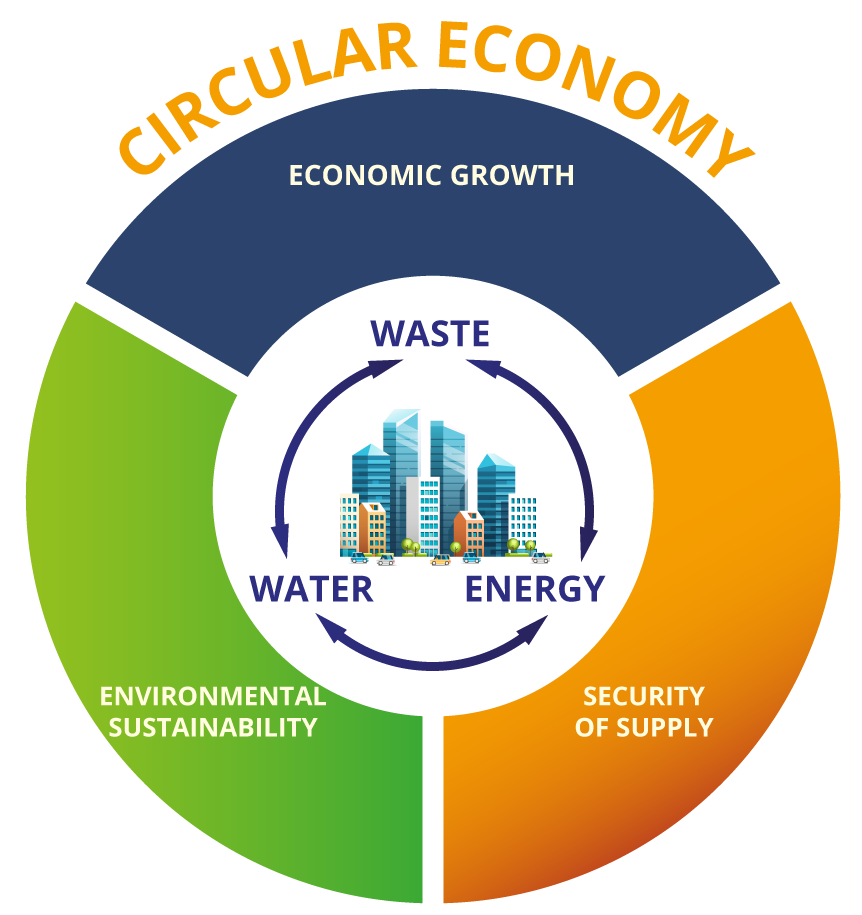
Activities
Collection
Upgrading
Market
Pre-treatment
LCA
Business strategies
HTL
Integrated assessment
Knowledge sharing
Stay updated
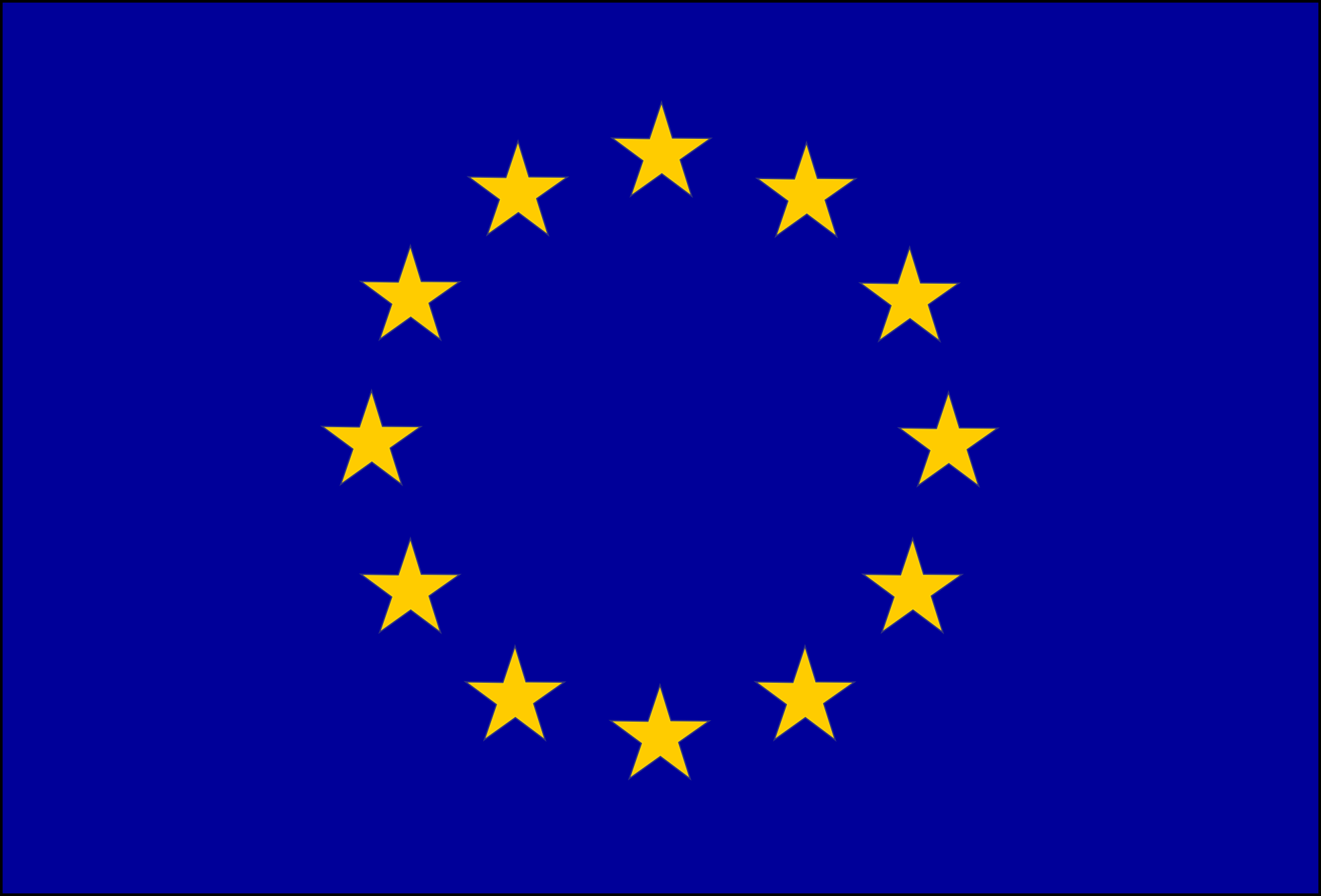
This project has received funding from the European Union’s Horizon 2020
Research and Innovation Programme under Grant Agreement No. 818413
